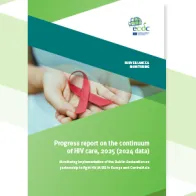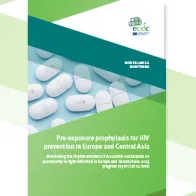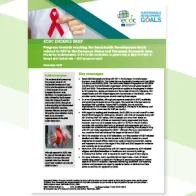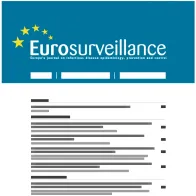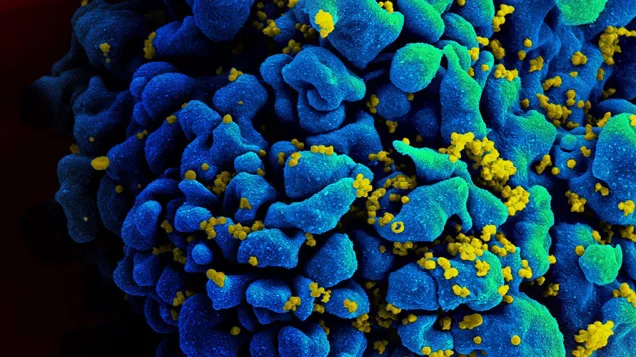World AIDS Day 2025
However, this success is shadowed by a persistent challenge: over half of all HIV diagnoses in Europe in 2024 were made at a late stage. This high rate of late diagnosis, combined with a growing number of people living with undiagnosed HIV, threatens to derail progress toward the 2030 goal of ending AIDS as a public health threat.
This moment requires us to look beyond the headline figures to the lived reality of HIV in Europe. As effective treatment and care allow more people to live longer with HIV, the public health focus must expand to address new challenges, particularly the management of age-related co-morbidities. Furthermore, this progress is set against the persistent, critical issues of stigma and discrimination, which remain significant barriers preventing people from accessing testing and care. For World AIDS Day, ECDC calls on all partners to renew their commitment to a holistic approach: ending stigma, closing the testing gap, and ensuring lifelong quality of care for all.
Read the latest news
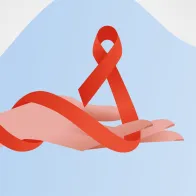
Europe is failing to test and treat HIV early, with over half (54%) of all diagnoses in 2024 being made too late for optimal treatment.
Find the surveillance data here
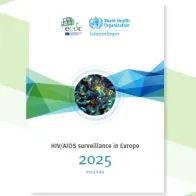
This report presents HIV/AIDS surveillance data for 2024, which shows significant variation in epidemic patterns and trends across the WHO European Region.
HIV/AIDS surveillance in Europe 2025 (2024 Data)
English (19.31 MB - PDF)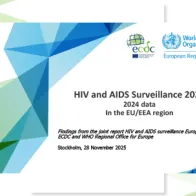
Findings from the joint report HIV and AIDS surveillance Europe by ECDC and WHO Regional Office for Europe
Read the latest reports
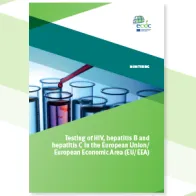
Watch our digital event
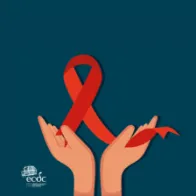
The World AIDS Day 2025 digital event brought together fresh HIV data from ECDC and WHO/Europe, offering a clear look at both progress and the gaps that still need urgent attention.
More information
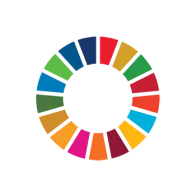
Sustainable Development Goal (SDG) 3.3 is to end the epidemics of AIDS, tuberculosis, malaria and neglected tropical diseases and combat hepatitis, water-borne diseases, and other communicable diseases by 2030.

